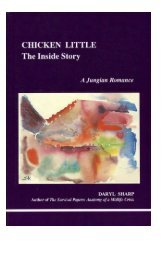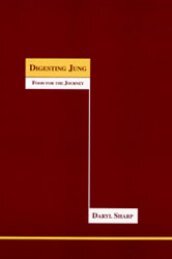Personality types: Jung's model of typology - Inner City Books
Personality types: Jung's model of typology - Inner City Books
Personality types: Jung's model of typology - Inner City Books
- No tags were found...
Create successful ePaper yourself
Turn your PDF publications into a flip-book with our unique Google optimized e-Paper software.
Introduction to Jungian Typology 15For complete orientation all four functions should contributeequally: thinking should facilitate cognition and judgment,feeling should tell us how and to what extent a thing is importantor unimportant for us, sensation should convey concretereality to us through seeing, hearing, tasting, etc., and intuitionshould enable us to divine the hidden possibilities in the background,since these too belong to the complete picture <strong>of</strong> agiven situation. 4The ideal <strong>of</strong> course is to have conscious access to the functionor functions required or appropriate for particular circumstances,but in practice the four functions are not equally atone's conscious disposal; that is, they are not uniformly developedor differentiated in any individual. Invariably one orthe other is more developed, called the primary or superiorfunction, while the rest remain inferior, relatively undifferentiated.The terms "superior" and "inferior" in this context do notimply value judgments. No function is any better than any <strong>of</strong>the others. The superior function is simply the one a person ismost likely to use; similarly, inferior does not mean pathologicalbut merely unused (or at least less used compared tothe favored function).What happens to those functions that are not consciouslybrought into daily use and therefore not developed?They remain in a more or less primitive and infantile state, <strong>of</strong>tenonly half conscious, or even quite unconscious. The relativelyundeveloped functions constitute a specific inferioritywhich is characteristic <strong>of</strong> each type and is an integral part <strong>of</strong>his total character. The one-sided emphasis on thinking is al-4 Psychological Types, CW 6, par. 900. Jung acknowledged that the fourorienting functions do not contain everything in the conscious psyche.Will power and memory, for instance, are not included. The reason for thisis that they are not typological determinants—though naturally they maybe affected by the way one functions typologically.










